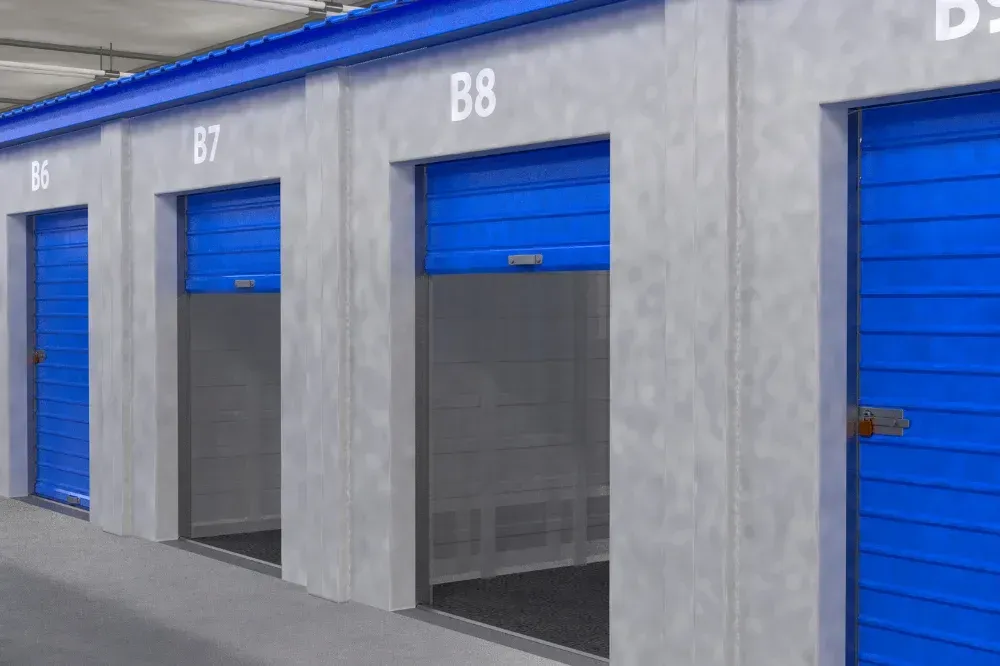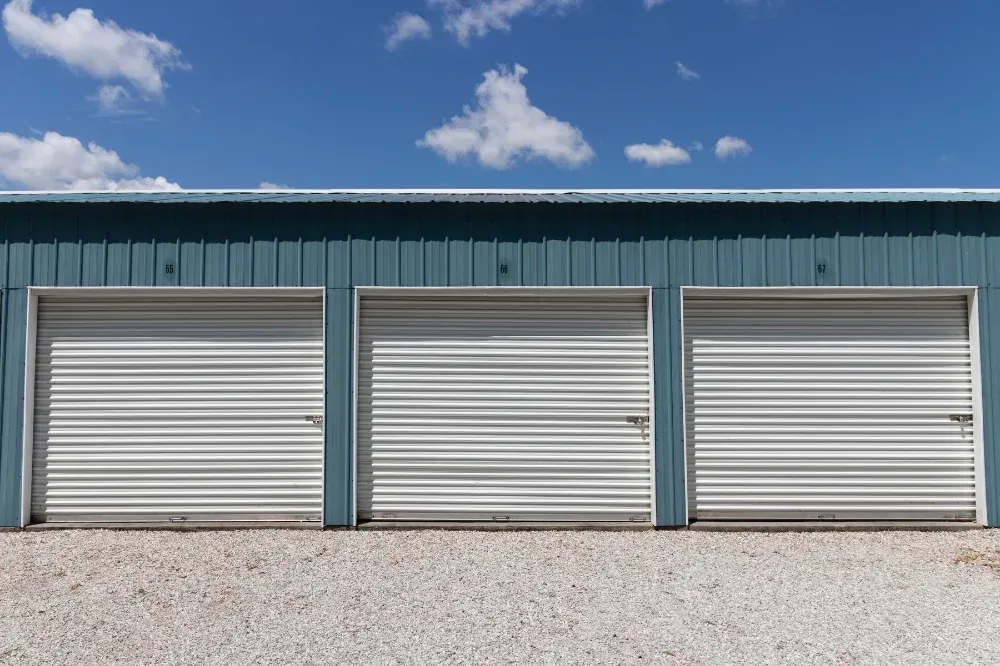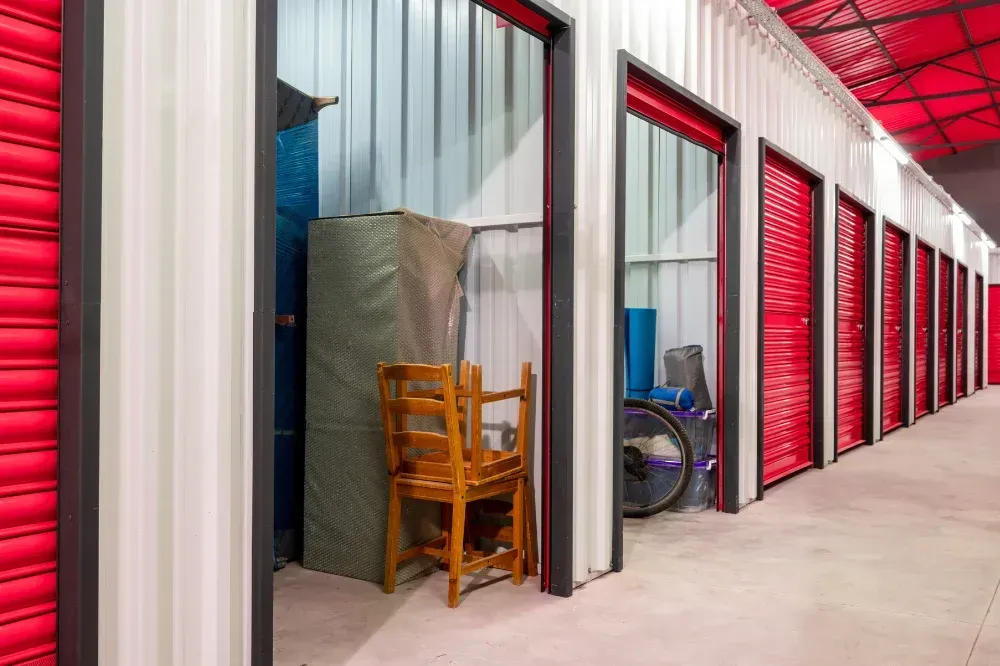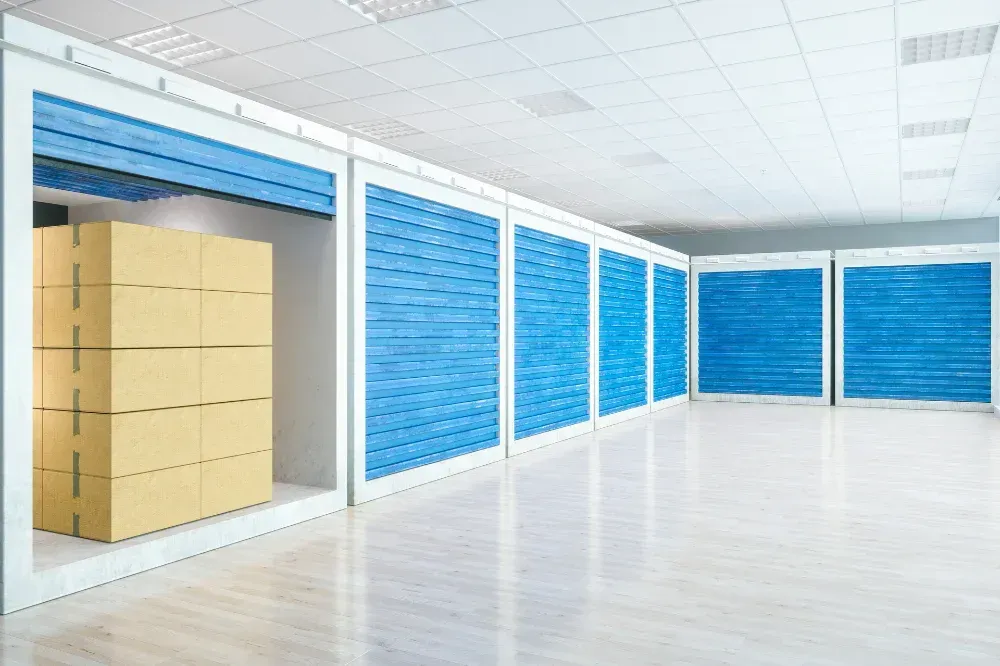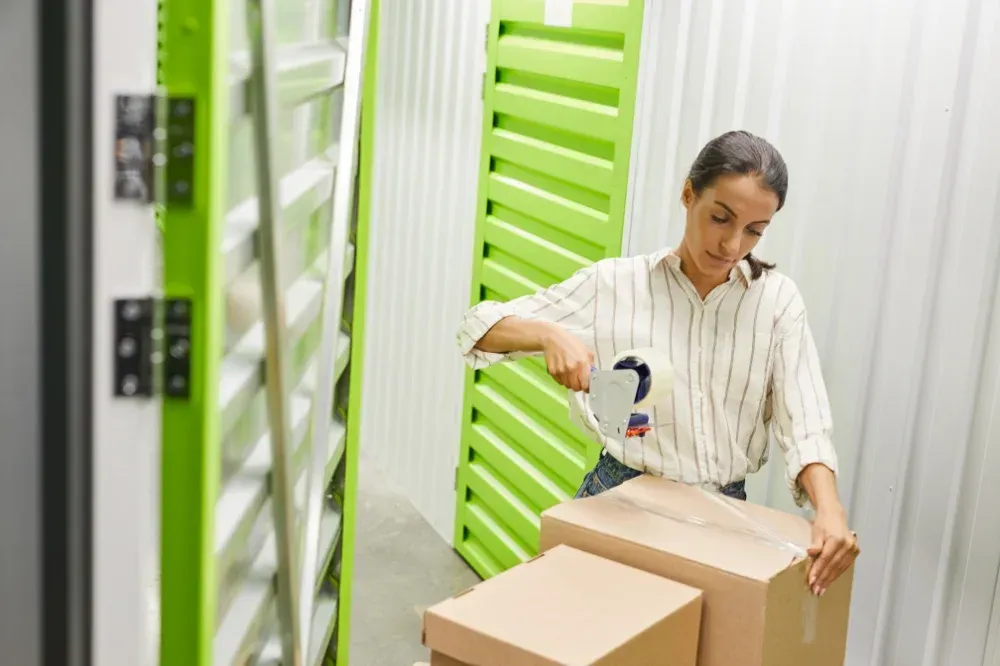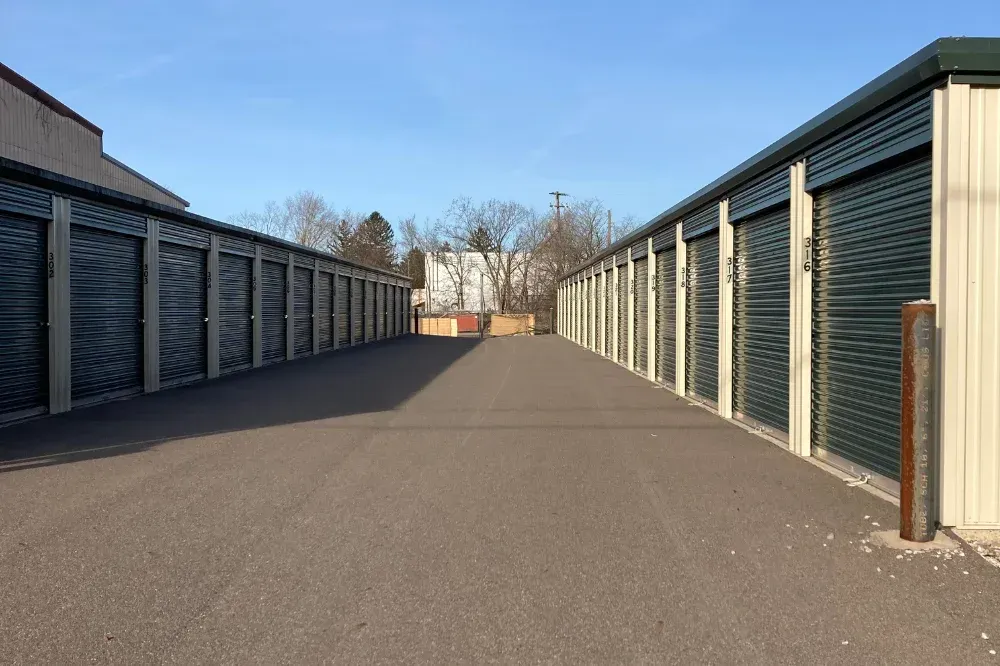Maximizing Efficiency with Business Self-Storage: A Smart Solution for Entrepreneurs
Maximizing Efficiency with Business Self-Storage: A Smart Solution for Entrepreneurs
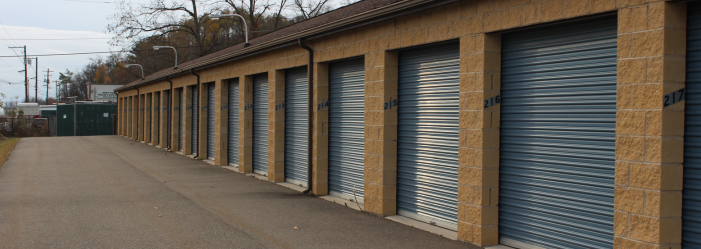
As a local entrepreneur, finding efficient ways to manage business operations and store important inventory, documents, and equipment is key to success. Running a business often involves managing large quantities of materials, but having enough space to keep everything organized can be a challenge. Business self-storage offers a smart, affordable solution for entrepreneurs looking to optimize their storage needs without incurring hefty costs. Whether you're looking to free up office space or store sensitive items, self-storage can streamline your operations and increase overall business efficiency.
What is Business Self-Storage?
Business self-storage refers to renting a designated space in a secure storage facility where businesses can store goods, materials, or documents. From inventory storage for e-commerce businesses to a place to keep tools and equipment for service providers, self-storage is an ideal solution to reduce clutter and keep operations running smoothly.
Types of Business Self-Storage Options
- Standard Self-Storage Units: These are private, lockable units in a facility, available in a range of sizes for businesses looking to store various items.
- Climate-Controlled Storage: Essential for sensitive materials such as electronics, artworks, or important documents, climate-controlled units ensure temperature and humidity stability.
- Large-Scale Warehouse Storage: Suitable for companies needing significant storage space, warehouse-style units are perfect for bulk inventory, equipment, or raw materials.
Benefits of Business Self-Storage
Affordable Space Solutions
Renting a self-storage unit is much more cost-effective than expanding office or retail spaces. Instead of paying for additional real estate, entrepreneurs can store inventory or equipment in a secure, off-site location, reducing overall costs.
Streamlined Operations
By using self-storage to store excess inventory, business documents, or seasonal items, you can maximize your workspace for day-to-day operations. This helps reduce clutter and increases productivity, allowing employees to focus on essential tasks.
Simplified Inventory Management
Self-storage units allow businesses to organize inventory or documents in a structured manner. With a designated space for storage, companies can easily manage their stock, retrieve items when needed, and ensure that important files or equipment are always available.
Who Benefits from Business Self-Storage?
Self-storage can be an invaluable resource for a variety of business types:
- E-commerce: Store products, packaging, and shipping materials.
- Trades and Contractors: Safeguard tools, spare parts, and materials.
- Service Providers: Keep equipment and supplies organized and accessible.
- Retailers: Store seasonal or overflow stock away from the storefront.
Choosing the Right Self-Storage Facility
Proximity and Convenience
Select a storage facility that is conveniently located near your business. A nearby location makes it easy to access your items quickly and reduces transportation time and costs.
Safety and Security
Security should be a top priority when selecting a storage facility. Look for features such as gated access, 24/7 video surveillance, and individual unit locks to protect your business assets.
Unit Size and Future Growth
When choosing a storage unit, consider both your current storage needs and potential future requirements. Opt for a size that accommodates your present inventory, with the flexibility to scale as your business grows.
Climate Control for Sensitive Items
If your business deals with temperature-sensitive goods such as electronics or documents, climate-controlled units are a must to prevent damage from extreme weather conditions.
Price Comparison and Flexibility
Storage costs vary by location, unit size, and additional features. Compare prices between facilities and ask about flexible rental terms to ensure the storage arrangement suits your budget and timeline.
Security Features to Look for in a Self-Storage Facility
- Surveillance cameras that monitor the facility 24/7.
- Gated access with personalized entry codes or key cards.
- Individual alarms and locks for each unit.
- On-site security personnel for added peace of mind.
How Self-Storage Helps Optimize Business Operations
Better Inventory Control
Using self-storage to store inventory provides a secure, organized environment where items can be easily cataloged and accessed, reducing errors and stockouts.
Reduced Clutter
By keeping non-essential items in storage, you can declutter your office or storefront. This allows employees to work more efficiently and creates a cleaner, more professional atmosphere.
Secure Document Storage
Business records and documents can be safely stored in self-storage units. With proper organization, you’ll be able to retrieve important files as needed while ensuring that sensitive information remains protected.
Flexible Storage Solutions: Short-Term vs. Long-Term
Self-storage units provide flexible storage options:
- Short-Term Storage: Ideal for businesses with temporary needs, such as storing seasonal stock or short-term inventory.
- Long-Term Storage: Perfect for items that need to be stored for extended periods, including archived documents, surplus equipment, or materials you don’t use every day.
Is Climate-Controlled Storage Necessary for Your Business?
For businesses storing sensitive items like electronics, antiques, or important business documents, climate-controlled storage is essential. This ensures that your assets remain protected from environmental damage, including temperature fluctuations and humidity.
Maximizing Efficiency with Self-Storage
To get the most out of your self-storage unit, here are a few strategies:
- Use Shelves and Containers: To maximize storage space, organize items using shelves, bins, and boxes.
- Label Everything: Clearly label all storage containers so you can easily find what you need when you need it.
- Share Storage: If your business has minimal storage needs, consider sharing a unit with another company to lower costs.
Self-Storage vs. Warehouse: Which Is Better for Your Business?
- Self-Storage: Ideal for businesses looking for affordable, flexible, and short-term storage solutions.
- Warehouse: Better for companies with large, long-term storage needs, but generally comes with a higher cost and longer lease commitments.
Organizing Your Self-Storage Unit for Success
- Use shelving to organize items vertically and maximize floor space.
- Keep commonly used items close to the entrance to make them easy to access.
- Label all boxes clearly, so you can quickly identify the contents.
Legal Considerations for Storing Business Items
Before renting a storage unit, consider these factors:
- Ensure the facility offers insurance for your stored items.
- Verify that the facility complies with local business storage regulations.
- Read the rental agreement carefully to understand all terms, including fees and insurance coverage.
Conclusion
Business self-storage is a practical, cost-effective solution for entrepreneurs looking to optimize their storage needs. Whether you're storing inventory, equipment, or important business documents, a self-storage unit can help streamline operations, enhance organization, and support business growth. With its affordability, flexibility, and security, self-storage is a smart choice for local entrepreneurs seeking to improve their business efficiency.
FAQs
How much does business self-storage cost?
The price depends on location, unit size, and added features like climate control.
Can I run my business from a storage unit?
Storage units are meant for storage purposes only, not for operating a business on-site.
Is self-storage safe for sensitive items?
Yes, as long as the facility provides security measures and climate-controlled options for temperature-sensitive goods.
What size storage unit should I rent?
The right size depends on your storage needs. Small businesses often begin with a 10x10 unit.
Can I claim business storage expenses on my taxes?
Yes, in many cases, storage fees are tax-deductible as a business expense. Always consult a tax advisor.

